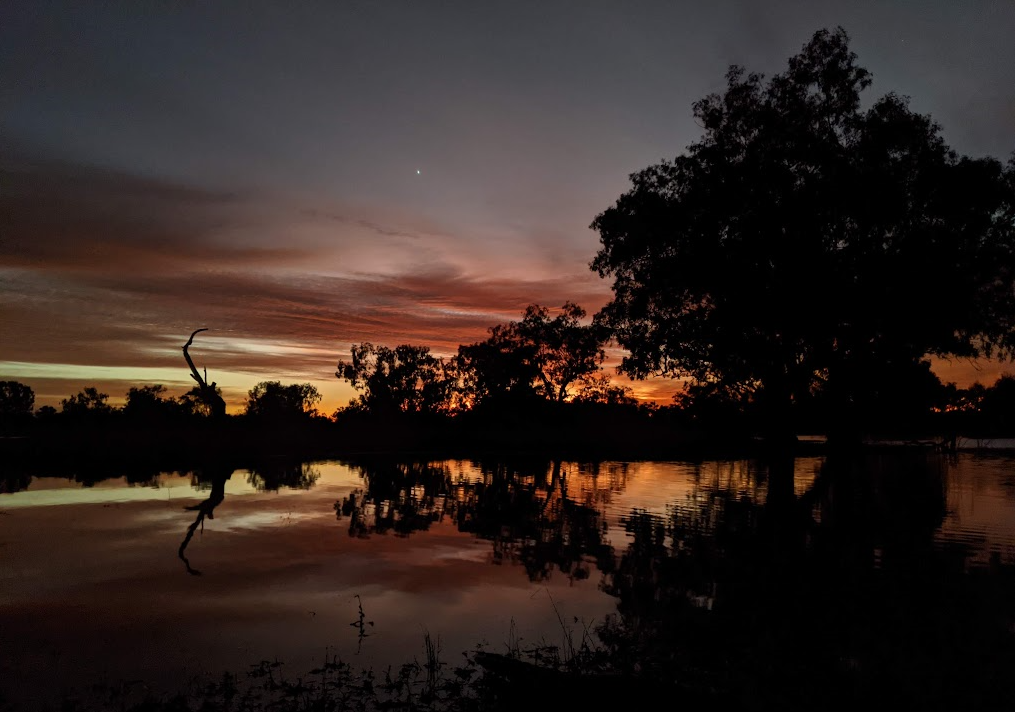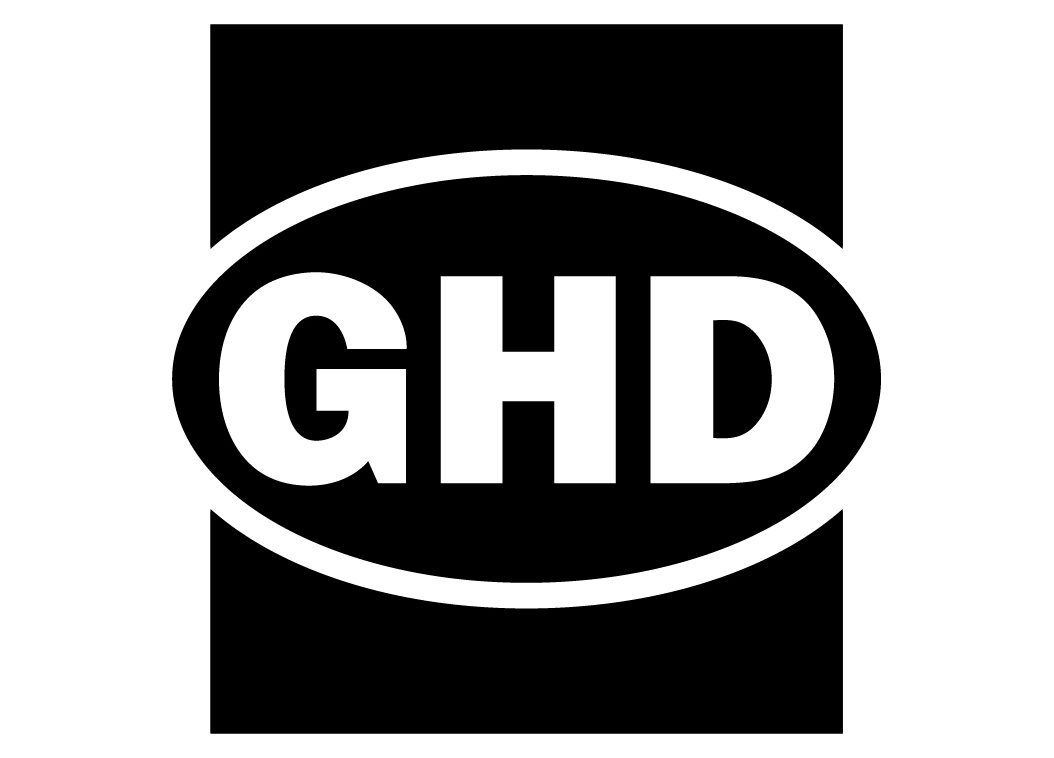A tale of paleo valleys and declining river flows: mapping the saline and fresh groundwater systems of the upper Darling floodplain and understanding the controls on their occurrence
Presented by: Dr Sarah Buckerfield
Produced by: IAH NSW
Date: Tuesday 08 October 2024
Time: 17:30 for an 18:00 start
Where: WSP Office – Level 27
Online: Teams link
Please join us after the talk to chat to Sarah about potential options for the next airborne geophysical survey!
Abstract:
Communities and ecosystems along the Darling-Baaka River have been impacted by critical water shortages and water quality issues including high salinity, algal blooms, and fish kills due to declining surface water flows. The river is characterised by naturally highly variable flows and is the primary water source for the region, but extraction and a meteorological drying trend associated with climate change have caused declines in discharge of 53–73% since the advent of post-settlement agriculture and industry. Understanding of the spatial extent, quality, and useability of lower salinity groundwater within the surrounding Darling Alluvium, which could provide an alternative and potentially more sustainable water source, was previously limited. Here we present the findings of an integrated study combining modelled ground and airborne geophysical data, groundwater and surface water levels, hydrochemistry, lithology, and remote sensing data to delineate groundwater systems and understand the geological and hydrological controls on their occurrence. The resolution and breadth of datasets acquired and collated permit mapping of the key factors controlling occurrence and quality of groundwater aquifers, namely basement topography and hydrostratigraphy, groundwater-surface water dynamics, and inter-aquifer connectivity. On this basis the study area can be sub-divided into regions with distinctive aquifer distribution and quality, recharge mechanisms, and pressure gradients between aquifers. We also showed that the groundwater levels in the unconfined aquifer have declined, an expected outcome of the decline in discharge in the Darling-Baaka River which forms the primary recharge mechanism for the alluvial aquifers. These outputs have direct implications for key management questions including location and quantity of potentially useable groundwater, risk of saline groundwater up-coning or discharging to the river, and likelihood of groundwater extraction impacting river flows and groundwater dependent ecosystems.
Bio:
Sarah completed a bachelor of science in geology with honours in hydrogeology at the ANU and was alerted to the prospect of a career in groundwater by the (sadly) late Dr Bear McPhail. She started out at Geoscience Australia in 2014 as a grad and took the chance to maximise fieldwork opportunities all over the country, working on many groundwater and geophysical data acquisition campaigns. She then moved overseas to complete an applied PhD on hydrological and land-use controls on groundwater contamination in the southwest China karst region as part of a series of critical zone science projects across China. Since returning to GA in 2021 she has worked in geophysical acquisition and a regional project assessing groundwater systems of the upper Darling River floodplain.


























